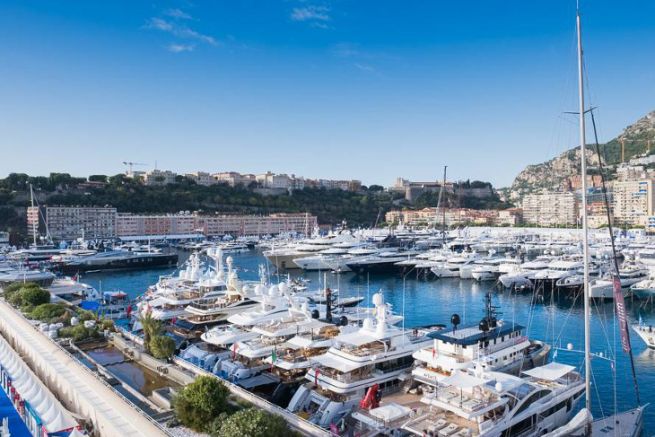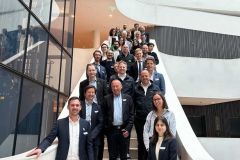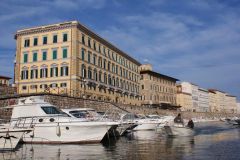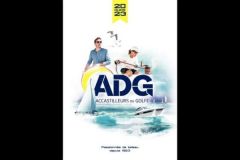An index to evaluate the ecological aspect of superyachts
In the absence of a boat show following the cancellation of the Monaco Yacht Show, the Principality's yacht club organised a gathering called "Monaco Capital of Yachting Experience". On the occasion of the event, the Superyacht Eco Association (SEA) Index was launched. Announced with great fanfare in the presence of explorer Mike Horn, this environmental rating has set itself the ambition to "become a global standard providing a transparent assessment of the ecological impact of large yachts"
A partial assessment of yacht pollution
Like many labels, the method of calculation of the SEA Index is unfortunately not public. "It is based on the International Maritime Organization's EEDI (Energy Efficiency Design Index) methodology, which measures CO2 emissions per GT (Editor's note: measurement of tonnage, yacht volume), number of passengers carried and maximum speed. We are currently focusing on the carbon impact, but the aim of the SEA Index is to become the leading rating system for air pollution that can be extended to other areas and lead us to a multi-criteria sustainability index (e.g. Nox, Sox, waste water...)" explains Grégory Benassi, project manager at the Yacht Club de Monaco (YCM). The index is also limited to the impact of using the superyacht to transport a passenger over a distance. The analysis of the life cycle, construction, impact at anchor and hotel charges, as well as all the infrastructure required to accommodate superyachts is not taken into account in this very partial analysis.

A label designed to promote the efforts of blue water yachting
While the objective of promoting the yacht industry's initiatives towards more sustainable development is commendable, one can regret the opacity of the SEA Index calculation method, in a sustainable development approach often open-source. The association carrying the initiative brings together shipyards, operators and shipowners, financing the initiative through donations. Registration on the online calculation platform is free of charge and enables the SEA-Index database to be populated. Ship owners or builders wishing to obtain a rating and the "SEA-Flag" will have to go through an audit invoiced 500 euros.
"We hope that in the long term this will have a positive impact, especially on those yards and shipowners who are involved and doing all they can to improve the environmental performance of their ships as a result of the introduction of the index and its rating system... In the long term, why not start working with the IMO to set common objectives" explains Grégory Benassi.
The YCM does not close the door if general public pleasure craft are not involved. "Extending the index to them would require a significant increase in resources to identify and contact them - resources we don't have. But we hope that boat owners or yards of these sizes will take the initiative and want to use the online platform to start the process and gradually help open the index to recreational boats, even if some of the current data in the index will need to be adjusted to their specific uses and technical aspects," concludes the project manager.









